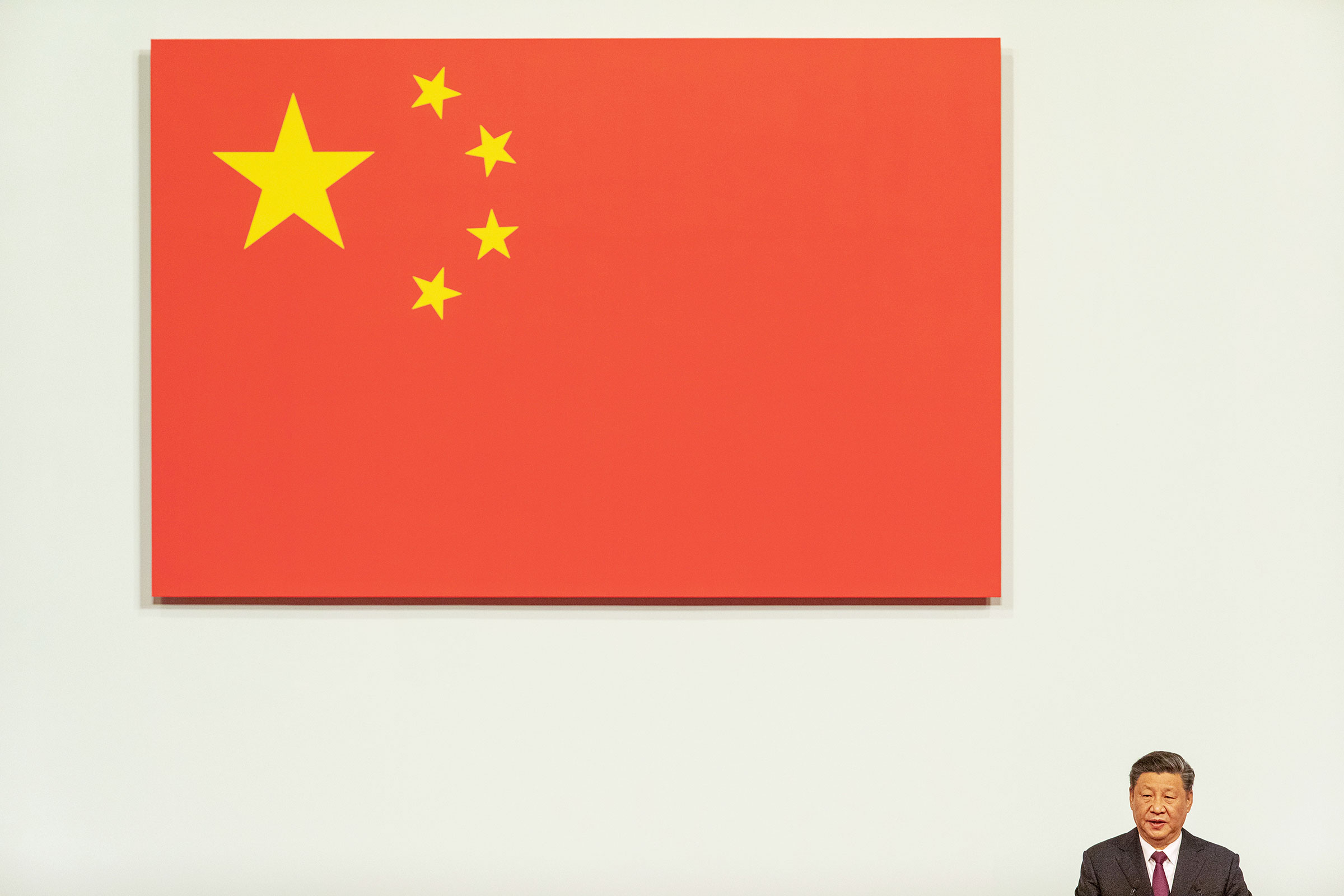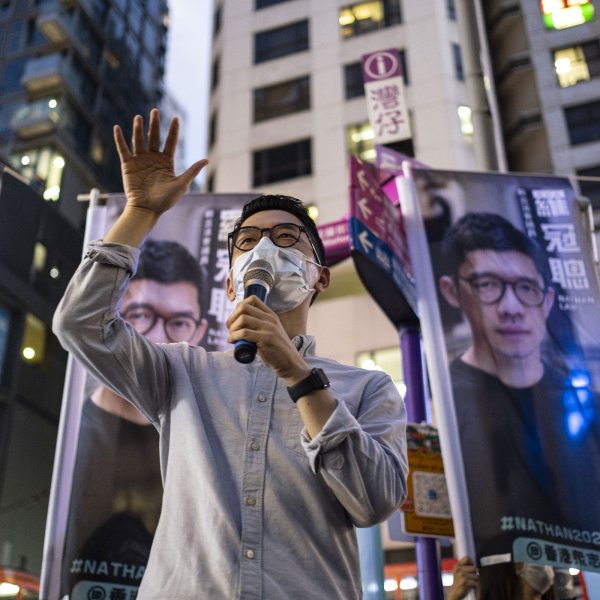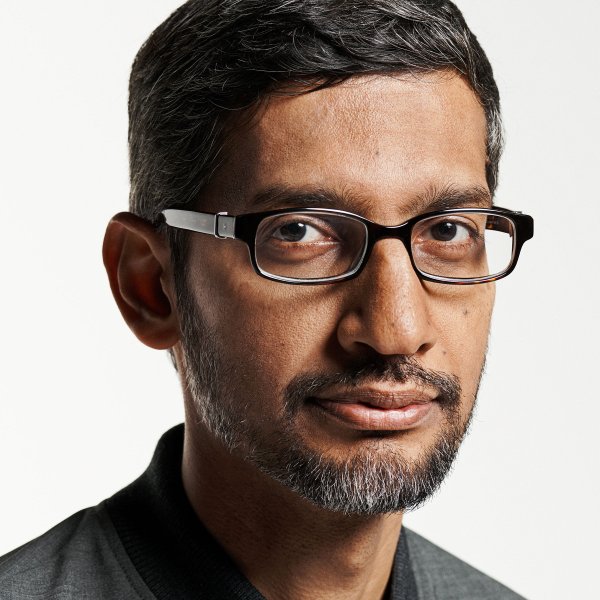Xi Jinping stands today as China’s seemingly invulnerable top leader. His anti-corruption campaign struck at kleptocrats, some in his own family, while also conveniently purging rivals. His authoritarian moves rival the world’s most extreme: corralling ethnic Uighurs into camps, suppressing violent anti-China protests in Hong Kong and ushering in powerful social-monitoring technology. Completing the look is the Mao Zedong–like cult of personality Xi allows or encourages—including his own Little Red Book. The result: a foreign policy and economic juggernaut expanding around the world.
Still, just as the sudden fall of the Soviet Union exposed previously unseen cracks, Xi may yet come to regret that he is now effectively China’s leader for life. A shrinking and aging workforce, the cost of the global Belt and Road Initiative (built on debt, not cash) and internal griping—or worse—from victims of a slowing economy exacerbated by the coronavirus pandemic that began on his watch mean Xi’s success may not be his final act.
Bennett is a Pulitzer Prize-winning journalist and author
- Cybersecurity Experts Are Sounding the Alarm on DOGE
- Meet the 2025 Women of the Year
- The Harsh Truth About Disability Inclusion
- Why Do More Young Adults Have Cancer?
- Colman Domingo Leads With Radical Love
- How to Get Better at Doing Things Alone
- Michelle Zauner Stares Down the Darkness






